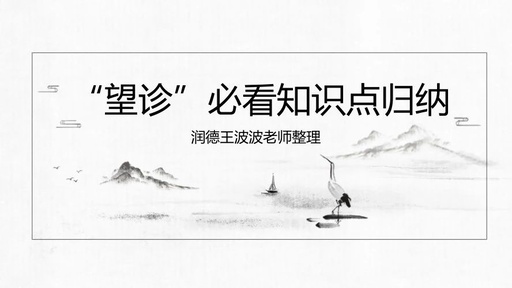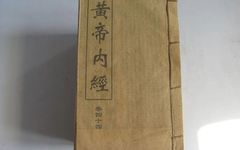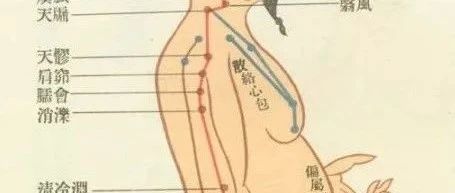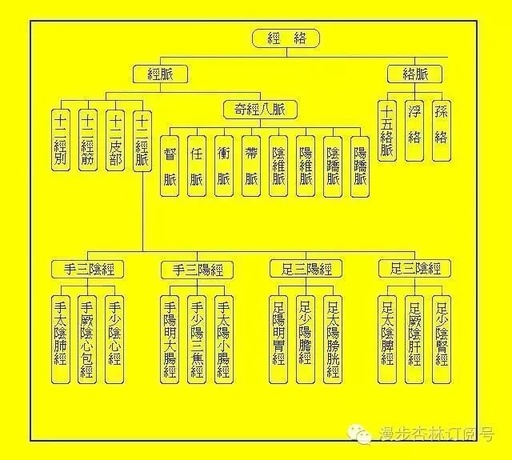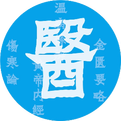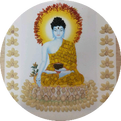The Eight Principles of Diagnosis in Traditional Chinese Medicine
Previously, we discussed how to collect data using the four diagnostic methods of observation, listening, inquiry, and pulse-taking. After gathering this data, we draw conclusions that guide our clinical practice. The manifestation of these “conclusions” is represented by Yin-Yang, deficiency-excess, exterior-interior, and cold-heat, collectively known as the “Eight Principles of Diagnosis” (Ba Gang Bian Zheng).The … Read more


